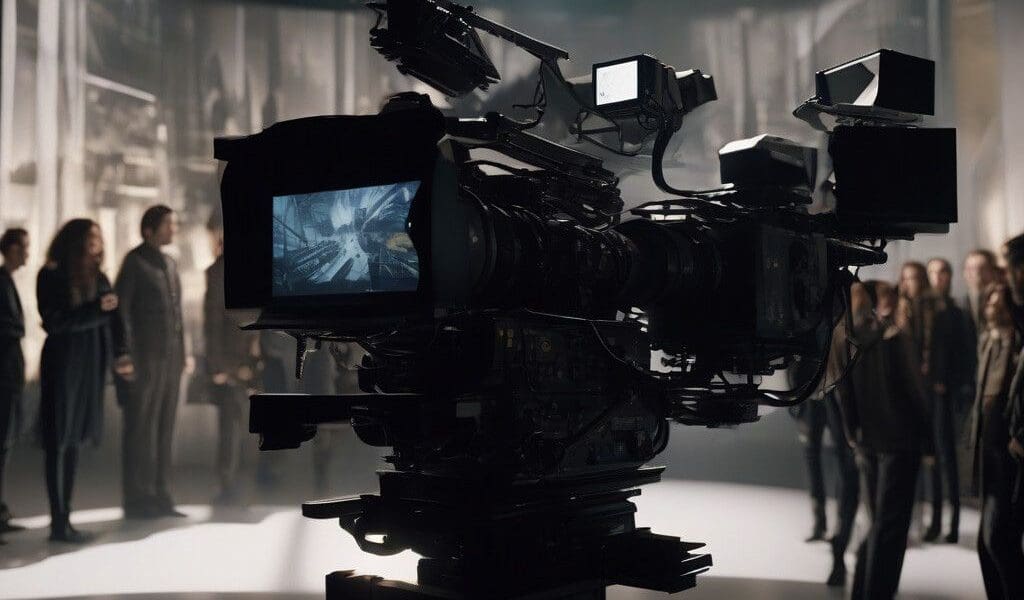Runway and Lionsgate: Transforming Filmmaking with AI Technology
Runway, a pioneer in generative artificial intelligence, has recently announced a partnership with Lionsgate, the major Hollywood studio behind renowned franchises such as “John Wick” and “Twilight.” This collaboration is set to revolutionize the film-making process by giving Lionsgate’s creative teams access to advanced AI video-generating capabilities that have been specifically trained on the studio’s extensive film library. By harnessing this technology, filmmakers and directors can elevate their creative output and streamline their workflows.
The essence of this partnership lies in the unique application of AI models that Runway has developed. These models are designed not only to assist in the video creation process but also to augment the creative decision-making of filmmakers. Michael Burns, Lionsgate’s Vice Chair, expressed enthusiasm about this alliance, noting its potential to support and enhance creative talent within the studio.
One key aspect of Runway’s strategy is the potential for wider adoption of its technology beyond Lionsgate. The startup is contemplating licensing its AI models to individual creators, thereby allowing them to customize their own models. This could democratize access to advanced filming technologies, enabling not just large studios but individual creatives to benefit from AI capabilities that were previously out of reach.
This partnership represents a significant milestone, as it marks the first public collaboration between a generative AI startup and a major Hollywood studio. While reports indicate that other studios like Disney and Paramount are exploring similar arrangements with technology providers, none have confirmed official agreements as of yet. Runway’s deal with Lionsgate sets a precedent that could pave the way for more such partnerships in the future.
The timing of this collaboration is particularly relevant against the backdrop of evolving regulations surrounding AI in the entertainment industry. Recently, California has implemented new laws aimed at regulating the use of AI-generated digital replicas in film and television. This legal landscape adds a layer of complexity to the partnership, as Runway navigates concerns regarding copyright infringement, specifically allegations related to the unauthorized use of copyrighted works in training its AI models.
Furthermore, the benefits of AI in filmmaking extend beyond mere content creation. Enhanced post-production processes, improved visual effects generation, and data-driven insights into audience preferences are just a few advantages that AI technologies can bring to the production landscape. For instance, AI can analyze audience reactions to trailers, aiding studios in refining their marketing strategies and developing content that resonates more effectively with viewers.
Industry experts argue that the integration of AI in film production can lead to more innovative storytelling. With AI’s ability to generate various narrative possibilities or visualize scenes, filmmakers can experiment more freely, pushing the boundaries of traditional storytelling formats. This capability could result in unique cinematic experiences that heighten audience engagement.
In conclusion, the partnership between Runway and Lionsgate stands as a transformative force in the filmmaking industry. It illustrates how collaborations between technology startups and established creative institutions can fundamentally reshape the landscape of content creation. The implications of this partnership extend beyond Lionsgate, potentially influencing how films are made and consumed across the industry.
As this partnership unfolds, it will be essential to monitor both the creative outcomes and the regulatory developments related to AI in filmmaking. The intersection of technology and art is fertile ground for innovation, and Runway’s collaboration with Lionsgate is an exciting example of what the future may hold for filmmakers.








